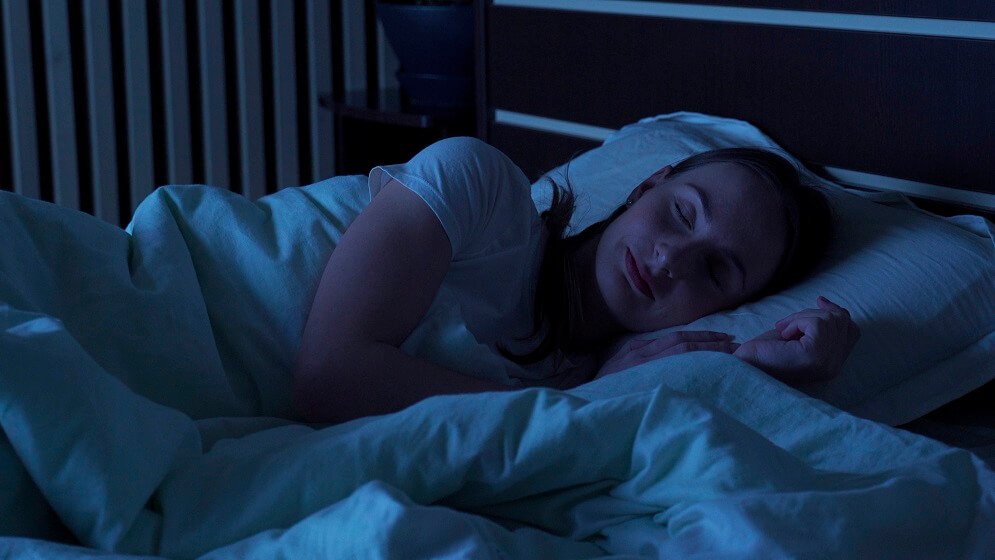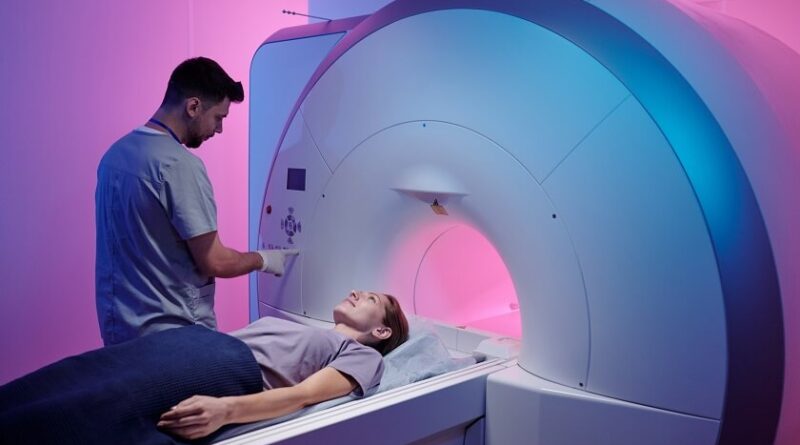When you are told that you have cancer, it can seem and feel like everything freezes. For many people, panic, anxiety, and depression take over their daily lives (which is normal) and cause a barrage of secondary health complications.
It’s worth noting that while everyone who receives a cancer diagnosis is different if you are struggling to cope with the news, there are some options out there which can help you. In this article, some of the best options for healing will be explored so you can learn how to help yourself feel better mentally with this news.
Eat Well
OK, so a lot of people who are suffering from stress, depression, and anxiety forego eating altogether as they simply don’t feel hungry. However, the Moffitt Cancer Center and many other places that specialize in cancer treatments and recovery will advise those who have cancer to eat a balanced diet. This will mean eating your three meals a day and making sure that you consume plenty of fruit, vegetables, and, of course, lean meats like chicken and turkey.
If you are finding it hard to eat due to the side effects of the medication you have been given, then please talk to your doctor or nurse.
Honor Your Feelings
It is a media image that a person is diagnosed with cancer and suddenly finds this inner strength to beat it on their own, with no negative feelings or consequences. That, to be frank, is not how it happens! As mentioned before, many people who have a cancer diagnosis will feel overwhelmed, anxious, and depressed, and while there are ways to help you manage these powerful emotions, you need to acknowledge them and express them as best you can. Writing a journal can help, as can taking videos of yourself, talking through your feelings, or even talking to a close friend or family member.
Sleep as Much as You Can

When you start chemotherapy, one of the main side effects that you will probably experience is insomnia and changes in your sleep patterns. So, one of the key things you should be doing is practicing good sleep hygiene and getting as much sleep as you can. If you are in discomfort from the cancer itself and that is preventing you from sleeping, you should talk to your doctor or nurse about pain relief options.
Also Read, Most Common Sleep Disorders and Symptoms
Find Support in Groups
One thing that most professionals will recommend when it comes to managing a cancer diagnosis is to seek help in groups. There are many support groups online and probably in your community, full of people who have been where you are and can offer you support and empathy going forward. Often, these groups are run by people who have recovered from cancer, which will help you to see that recovery is possible.
Get Professional Help
Finally, if you are struggling with cancer diagnosis news, then please seek out professional help from a therapist or counselor who has experience in helping people who have cancer. This will help you to learn better management strategies, as well as give you a place to talk about your feelings openly.




